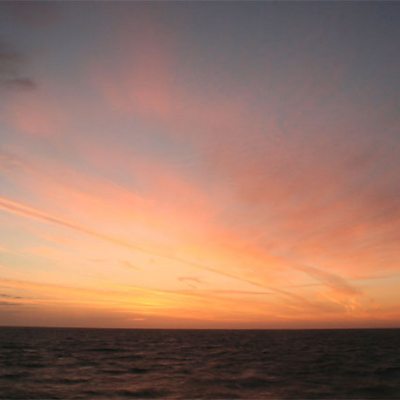Episode details

Available for over a year
Back in 1969, when I was a small child, nothing quite matched the excitement of the moment when Neil Armstrong stepped from Apollo 11 and became the first man to walk on the moon. It truly was, as he famously said, one giant leap for mankind. Today, more than 40 years on we seem to be in an era when venturing into space is capturing people’s imaginations once more. Movies like Gravity and Interstellar draw huge audiences. From the dramas of Richard Branson’s space travel plans, to the landing of the Philae spacecraft on a comet, and now the announcement this week of crowdfunding a British mission to the moon, people are gripped by these attempts at scientific discovery. So what is it about space ventures that makes them so attractive? Some of the appeal must be that they offers insights into our own world. One of the most stunning photographs ever taken was of planet earth illuminated by the sun and shot from Apollo 17 in 1972. Earth had a fragile beauty in the darkness of space. Branson’s space programme wanted to offer passengers similar views while the Philae lander has beamed back information about the comet that may well give insights into the creation of this planet as well as the rest of the universe. But there is, I think, something else happening too, much greater than a simple quest for knowledge. Human beings constantly search for meaning in their lives, whether through interests, pleasures, or relationships. The difficulty with searching for meaning is that it is hardly ever completely satisfied by earthly things. A great artist like Rembrandt might have achieved it when he finished a painting, yet even his striving for perfection was never satisfied by one effort. He goes on to paint work after work. It’s as if there is always something over the horizon, not quite in our grasp, that will truly satisfy us. Perhaps at a time when fewer people, at least in the West, belong to a formalised religion, journeys into space satisfy a need for answers and affirm an instinctive understanding that there is something intangible, something out there, that people are looking for. The psalms talk of humanity’s yearning for meaning being like a deer that yearns for running streams. In other words mankind has an unquenchable thirst that will only be satisfied by the divine. And poet and pilot John Magee understood that in a more technological world, it is travelling the heavens that takes us close to meaning – the heavens he described as a “high, untrespassed sanctity of space”. There, he wrote, “I put out my hand, and touched the face of God”.
Programme Website